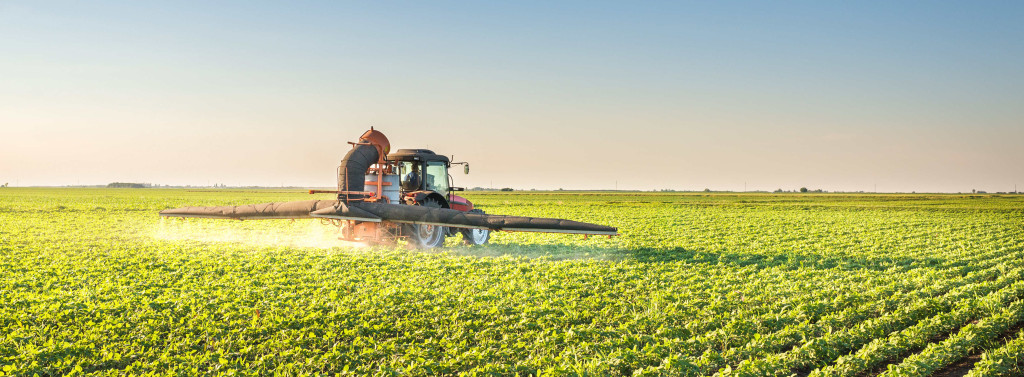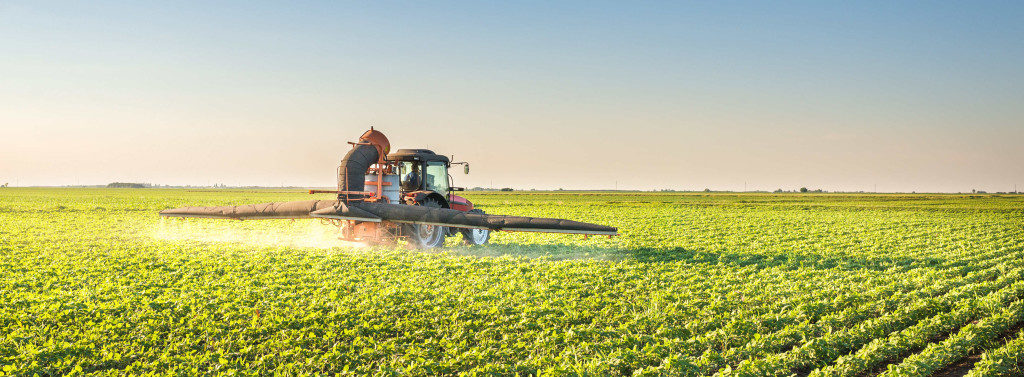 In today’s talking points: China-Australia trade sustained by strong relationships between states, provinces and cities; Rabobank releases 2017 Global Animal Protein Outlook; Chinese firm produces RFID labels that ensure products not fake moves to food safety; China Extends Pesticide Ban
In today’s talking points: China-Australia trade sustained by strong relationships between states, provinces and cities; Rabobank releases 2017 Global Animal Protein Outlook; Chinese firm produces RFID labels that ensure products not fake moves to food safety; China Extends Pesticide Ban
China-Australia trade sustained by strong relationships between states, provinces and cities
The 2017 Australia-China Food Safety and Traceability Forum was held in Sydney last Tuesday, November 28. Over 100 delegates from both the public and private sectors were in attendance at the forum, including a delegation from Hunan province. Over the first ten months of 2017, imports and exports between Hunan and Australia reached US$1.12 billion, with Hunan Provincial Department of Commerce Deputy Director General, Li Xinqiu, predicting a year-on-year increase in trade between Australia and Hunan in excess of 43 per cent. Wang Hongbo, counselor of commercial affairs of China’s Consulate General in Sydney, stressed the importance of ties between Australian cities and Chinese provinces, stating, “Nation-to-nation trade and economic cooperation really depends on the good relationships and business collaborations between states and provinces and cities and the various localities.”
Read more at: Xinhua
Rabobank releases 2017 Global Animal Protein Outlook
Rabobank released its 2017 Global Animal Protein Outlook last week, noting specifically the likelihood of increased competition amongst producers and exporters – for access to both import destinations and consumers. Rabobank anticipates China, Brazil and the US to be the main drivers for continued market expansion and identified a number of areas for concern, including consolidation, the evolving retail landscape, introduction of alternative proteins, and technology. In China, however, Rabobank anticipates that an evolving retail landscape will provide opportunity for established and agile animal protein supply chains to tap into online fresh food markets. Across the board, the desire to reduce environmental footprints and address social concerns will also continue to drive technological innovations.
Read more at: Rabobank
Chinese firm produces RFID labels that ensure food product safety
Founded on the post-tragedy climate of 2004 baby food scandal, Walimai began producing anti-counterfeit RFID label’s for Fast Moving Consumer Goods (FMCG). This technology has been slowly implemented onto more and more goods and foods in recent years. Consumers can read the labels with their smartphones or scan the label through any QR reader, so as to verify a products authenticity. The brand hopes to expand the use of its food safety labelling technology into other markets, such as alcoholic products, by the end of this year, as well as cosmetics and pharmaceutical products in 2018.
Read more at: FoodNavigator
China Extends Pesticide Ban
The Chinese government is set to ban the use of a further 12 pesticides within the country over the next five years. The ban adds to the 22 chemicals already prohibited, in an attempt to improve health and reduce pollution. The move comes in addition to a trial by the Ministry of Agriculture, whereby subsidies are offered to farmers using low toxicity products. Ministry spokesperson Zang Yande has stated that despite the ban, a number of other highly toxic chemicals continue to be used. He called for further measures blocking the use of toxic pesticides including registration and higher penalties for unlicensed or counterfeit products.
Read more at: Reuters

